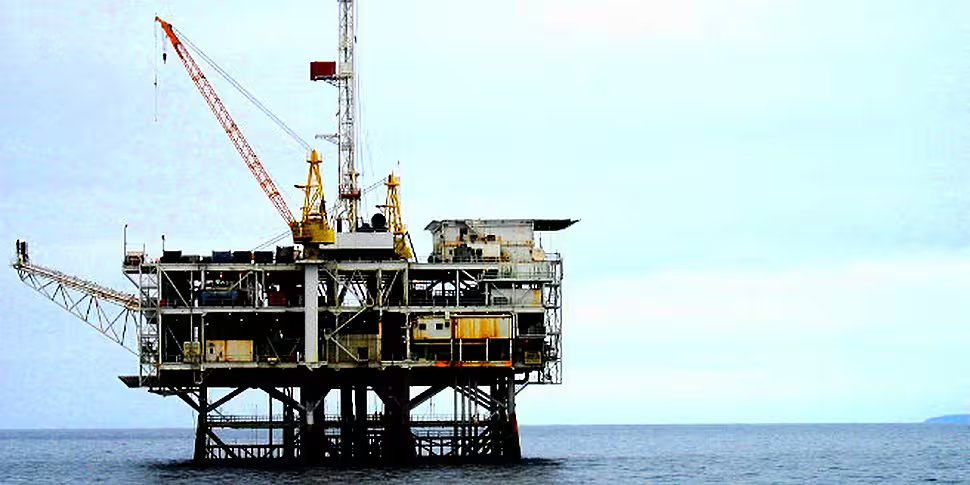The price of West Texas Intermediate oil slumped below $45 (€38) earlier today. It is being predicted that oil could fall below $40 per barrel - and that we are now in the early stages of what is going to be a prolonged period of low oil prices.
What's happened?
On a basic level the global supply of oil has increased dramatically - creating a major supply glut. The basic laws of supply and demand mean that prices have been driven down.
The United States has seen a radical increase in the amount of oil that it is producing - its output has nearly doubled over the last six years.

Latest price for Brent crude oil via nasdaq.com
Produce or reduce?
Facing the challenge of dealing with these increases in global output, OPEC, the cartel who control one third of the world's oil supply, announced in November that it would not be reducing its output in the six months - running from then until May 2015.
OPEC's decision was seen as a power-play to put pressure on the new producers in the US.
Comments from the United Arab Emirates' Oil Minister Suhail Mohamed Faraj al-Mazrouei prompted today's price drop. He told The Wall Street Journal that: “Everyone needs to take measures, but those who are producing the most expensive oil - the rationale and the rules of the market say that they should be the first to pull or reduce their production.”
He continued: “If the price is right for them to produce, then fine, let them produce. If the price is not right, then they will reduce.”
These comments are believed to be aimed at the new US producers.
Who benefits?
Pretty much everyone who is not in the oil business - or living in a country where the economy relies on oil production.
Energy costs will become cheaper across the board.
Average Irish petrol prices are under €1.30 - down from close to €1.60 a few months ago.
The Irish economy will benefit from cheap oil as it cuts costs for companies. Exporters will also gain as countries like Germany and the UK see some of the benefits of cheap oil - improving the economic outlooks for two of Ireland's key export markets.
Who loses?
All oil producing countries will suffer - but to different degrees.
If OPEC's intention is to hurt US shale producers, they will do that - but there will be a lot of collateral damage along the way.
Weaker members of OPEC will feel the pinch as much as anyone. If this kind of policy is pursued in the future, it could lead to a split in the cartel.
Major oil-producing nations often draft their national budgets for the year based on the assumption that oil prices will remain at a certain level. For example, Venezuela's budget is dependent on oil prices staying above $100 a barrel and the United Arab Emirates needs oil to stay above $80.
The recent economic turmoil in Russia has been tied to the collapse of oil prices.
What's next?
There are no signs that OPEC is going to change its stance - US producers are starting to feel the affect of low prices - but they are not going to go away. In fact, Business Insider reports that US oil output is still increasing.
Goldman Sachs has joined a number of other firms who are predicting that oil will fall to less than $40 a barrel. It is likely that the market will bottom out in 2015, and that global production will drop in the second half of the year, meaning that prices will then begin to recover.









